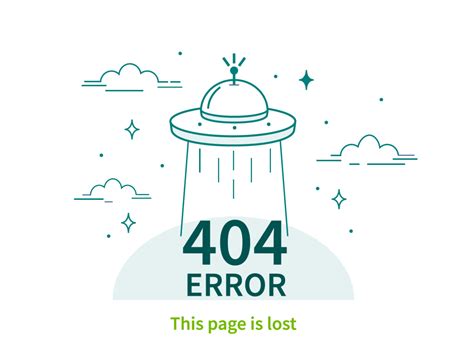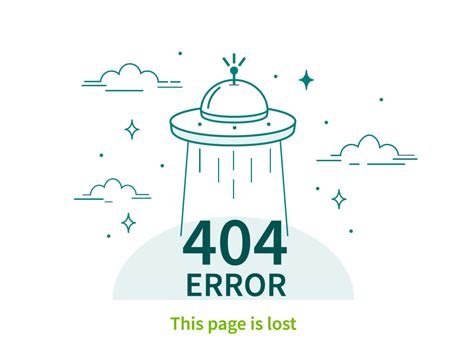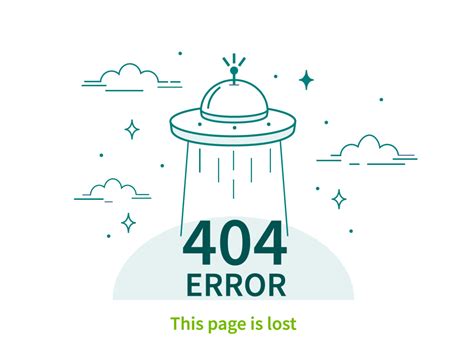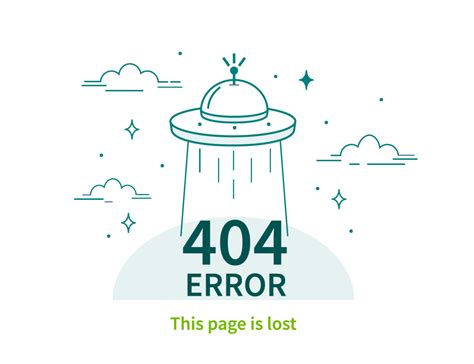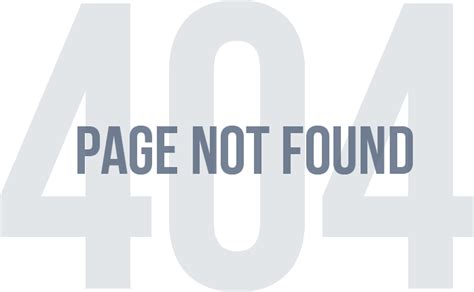
Paul Biegel was born in Bussum in 1925. His father, Hermann Biegel, was of German descent, and owned a building materials shop. With his wife Madeleine Povel-Guillot he had nine children, six girls and three boys, of which Paul was the youngest. He wasn't a prolific reader as a child, preferring to play outside. His favourite books where the fairy tales of the brothers Grimm and the works of Jules Verne. He studied in Bussum (primary school) and Amsterdam, graduating in 1945.
His first story, De ontevreden kabouter ("The unhappy gnome"), written when he was 14 years old, was printed in the newspaper De Tijd. He wanted to become a pianist, but decided that he didn't have enough talent. He went to the United States for a year after World War II, where he worked for The Knickerbocker Weekly. After his return, he worked as an editor for Dutch magazines like the Avrobode. He commenced Law Studies, but stopped these in 1953. He wrote several newspaper comics, the most important of which was Minter and Hinter, which appeared in Het Vrije Volk for ten stories and 579 episodes. In 1959, he started working in the comic studio of Marten Toonder as a comics writer for the Kappie series.
He only published his first book, De gouden gitaar, in 1962. He became one of the most important Dutch writers for children in 1965, when he received the Gouden Griffel for Het sleutelkruid. He has written over 50 books, mostly published by Holland, and many of his books have been translated in English, French, German, Danish, Swedish, Welsh, South African, Japanese, Turkish, Greek, and Spanish. His own favourites were De tuinen van Dorr and De soldatenmaker. Other authors he appreciated included J. R. R. Tolkien, J. K. Rowling, and Hans Christian Andersen.
Paul Biegel lived in Amsterdam. He married Marijke Sträter in 1960, with whom he had a daughter, Leonie, in 1963, and in 1964 a son, Arthur, who committed suicide when he was 28. His marriage ultimately failed, and only at a later age did he publicly admit to being homosexual. He died in 2006. In 2007, publishers Holland (publisher) and Lemniscaat started reissuing twenty of his best works in the Biegelbibliotheek.
